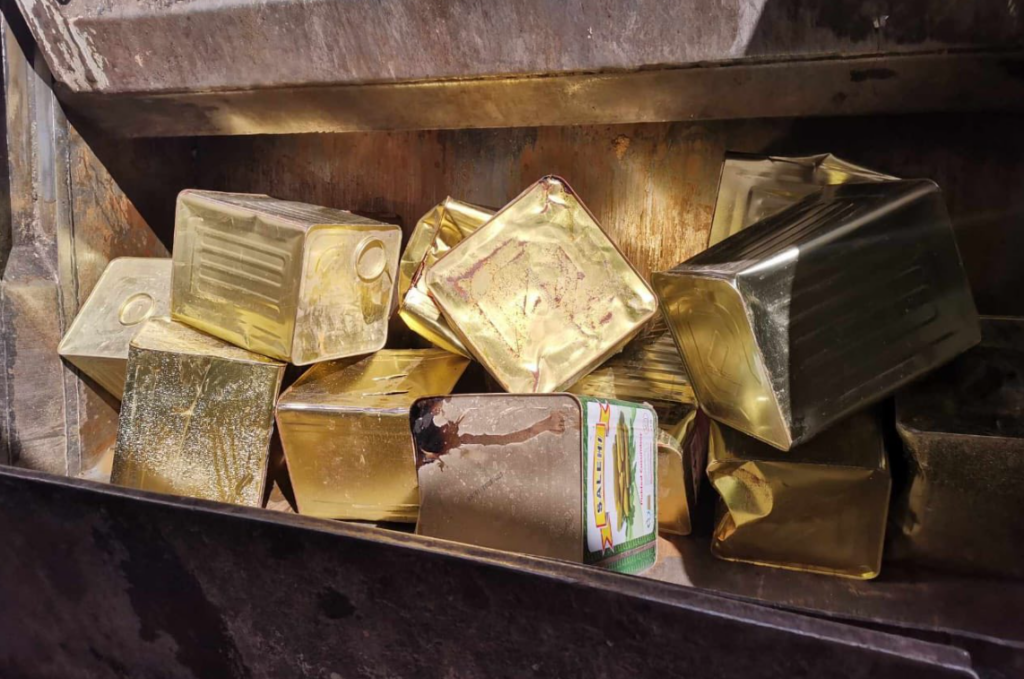Middle East stocks and oil prices plummet in wake of Trump tariffs shock

.webp?itok=jyuW0qyO 1x" type="image/webp" width="1400" height="788">
A combination of newly imposed tariffs by the US and plummeting oil prices has caused a major decline in stock markets in the Middle East.
Saudi Arabia’s Tadawul stock exchange fell by nearly 7 percent on Sunday, while Qatar’s QE exchange dropped 4.2 percent, and Kuwait’s primary index fell 5.7 percent.
There were also drops in stock markets in Bahrain, the United Arab Emirates, Lebanon, Israel, Jordan and Egypt.
Tadawul’s decline (by 6.78 percent) was the biggest single-day drop since the beginning of the Covid-19 pandemic.
It lost $133bn in market value during Sunday’s trading, according to Saudi state-run financial newspaper Al-Eqtisadiah.
Saudi Aramco, the world’s largest oil company, lost 5.3 percent in shares, wiping billions off its value overnight.
It added to the trillions of dollars that were wiped from global stock markets since President Donald Trump’s announcement of sweeping tariffs on nearly every country in the world.
As Middle East Eye reported last week, the tariffs were based on a formula linked to countries’ trade deficits with the US, though they were billed as “reciprocal tariffs”.
The resulting calculations hit some Middle East and North Africa countries particularly hard, including Jordan, Tunisia and Israel.
Algeria, Iraq and Libya were also given high rates, but due to an exemption in oil and fuel products, will mostly be unaffected.
Bahrain, Egypt, Iran, Kuwait, Lebanon, Mauritania, Morocco, Oman, Qatar, Saudi Arabia, Sudan, Turkey, the UAE and Yemen were all handed baseline tariff rates of 10 percent.
No country was given tariffs lower than 10 percent.
The market selloff in the Middle East was also linked to a sharp fall in oil prices - partly a knock-on effect from the tariffs announcement.
Benchmark Brent crude dropped by 15 percent in the past five days, leaving the price at just under $61 a barrel. That’s a fall of over 30 percent from a year ago, when the price was over $90.
It marked the lowest crude oil price since 2021.
On Thursday, Opec+, an alliance of energy producers led by Saudi Arabia and Russia, announced that it would add 400,000 barrels a day back into the market next month - three times the supply boost that had been previously planned.
The unexpected move further compounded the oil price freefall, which had already tumbled from Trump’s announcement.
The Opec+ countries abandoned their previous position of trying to maintain prices by restricting the supply of oil.
According to the International Monetary Fund, Saudi Arabia needs oil at $90 per barrel to balance its budget.
It has been forced to scale back some of its huge projects as part of its Vision 2030 strategy, such as the Neom megacity in the Tabuk province, and tighten the purse strings on consulting firms advising on such projects.



